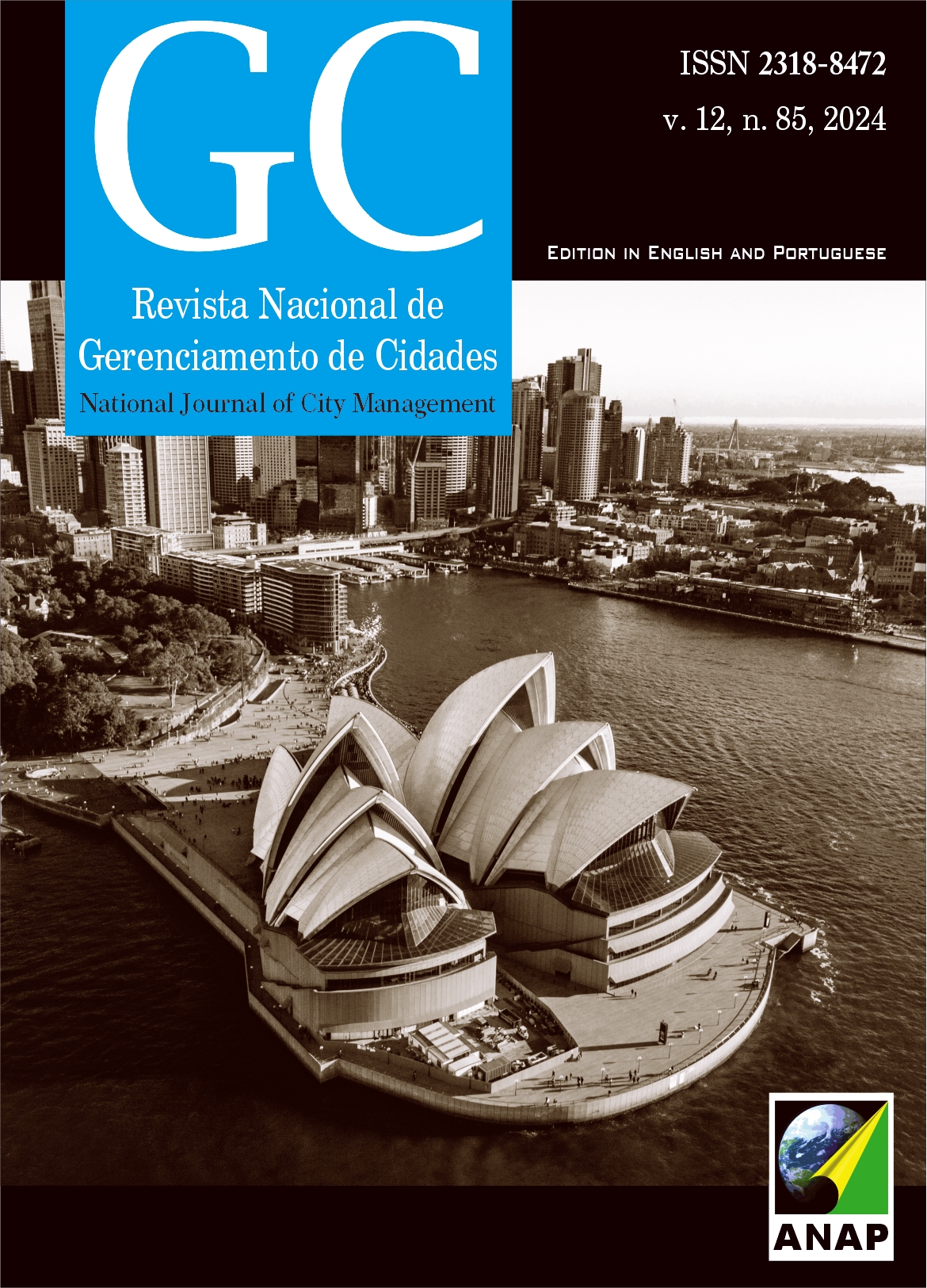Parallels and challenges between municipal policies and international guidelines for early childhood
DOI:
https://doi.org/10.17271/23188472128520244207Palavras-chave:
Early Childhood, Public Policies, International GuidelinesResumo
This paper aims to explore parallels and challenges between municipal policies and international guidelines focused on early childhood, directing its attention towards the development of a comparative analysis. In this regard, the construction of an analytical framework that establishes relationships between the Municipal Plan for Early Childhood of the Municipality of São Paulo (2018-2030) and the global initiative Urban95 by the Bernard Van Leer Foundation guidelines, which addresses the inclusion of the child's perspective in cities. The exploratory research method used involves public administration reports examination, including the plan and its annual assessments. During the research process, key information was extracted focusing on the identification of laws, regulations, action plans, and projects aimed at advancing early childhood care, with the aim of validating and expanding the understanding of the subject. In a context where cities must provide conducive environments for child development, the study seeks to understand how municipal policies align with international guidelines. The results highlight the advances and challenges resulting from inequalities in the city of São Paulo in the scope of attention to early childhood, emphasizing the need for coordinated and interdisciplinary public policies in this agenda.
Downloads
Referências
Publicado
Edição
Seção
Licença
Direitos autorais (c) 2024 Revista Nacional de Gerenciamento de Cidades

Este trabalho está licenciado sob uma licença Creative Commons Attribution-NonCommercial-ShareAlike 4.0 International License.















